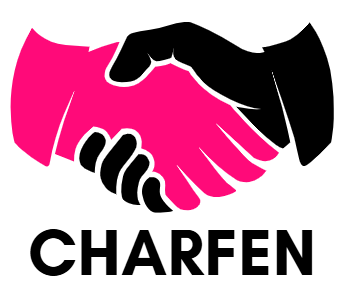The landscape of iGaming, which encompasses online gambling and gaming activities, has been evolving rapidly across the globe. In Europe, France and stands out as a country that continues to navigate a complex and often ambiguous regulatory environment. While many nations have embraced clear frameworks for online gaming, France remains in a gray area, balancing between regulation and the promotion of a burgeoning digital economy.
Historical Context
France’s relationship with gambling has a long and storied history. The country has traditionally maintained strict regulations on gambling activities, with a focus on protecting consumers and preventing addiction. The introduction of the French Online Gaming Act in 2010 marked a significant shift, allowing for the licensing of online poker and sports betting. However, this legislation did not extend to all forms of online gambling, such as casino games, which remain largely prohibited.
Current Regulatory Framework
As of now, the French regulatory body, the Autorité Nationale des Jeux (ANJ), oversees the iGaming sector. The ANJ was established to ensure fair play, protect consumers, and combat illegal gambling. While the agency has made strides in regulating online poker and sports betting, the lack of comprehensive legislation for other forms of online gambling creates a gray area that operators and players must navigate.
Licensing Challenges
One of the primary challenges in the French iGaming market is the licensing process. Operators seeking to enter the market must comply with stringent requirements, which can be a barrier to entry for many. The licensing process is often seen as cumbersome and time-consuming, leading to frustration among potential operators. This has resulted in a thriving black market, where unregulated operators offer services without oversight, posing risks to consumers.
Consumer Protection and Responsible Gaming
The French government has emphasized the importance of consumer protection and responsible gaming. The ANJ has implemented measures to promote safe gambling practices, including self-exclusion programs and limits on deposits. However, the lack of regulation for certain gaming activities means that players may not have the same level of protection when engaging with unlicensed operators.
The Impact of Technology
The rise of technology has further complicated the regulatory landscape. With the advent of cryptocurrencies and blockchain technology, new forms of online gambling are emerging that challenge traditional regulatory frameworks. The French government has yet to establish clear guidelines for these innovations, leaving both operators and consumers in a state of uncertainty.
Future Prospects
As the global iGaming market continues to grow, France faces pressure to adapt its regulatory framework. The potential for increased tax revenue and economic growth from a well-regulated online gaming sector is significant. However, any changes must balance the need for regulation with the desire to foster innovation and competition.
Potential Reforms
There have been discussions among policymakers about the possibility of expanding the regulatory framework to include casino games and other forms of online gambling. Such reforms could help to eliminate the gray area and provide a clearer path for operators and consumers alike. Additionally, collaboration with other European nations could lead to a more harmonized approach to iGaming regulation.
Conclusion
France’s position in the iGaming sector remains precarious, caught between the need for regulation and the desire to promote a vibrant digital economy. As the landscape continues to evolve, it is crucial for the French government to address the gray areas in its regulatory framework. By doing so, France can create a safer, more competitive environment for both operators and consumers, ultimately benefiting the economy as a whole. The future of iGaming in France hinges on the ability to adapt to changing technologies and market demands while ensuring the protection of its citizens.












